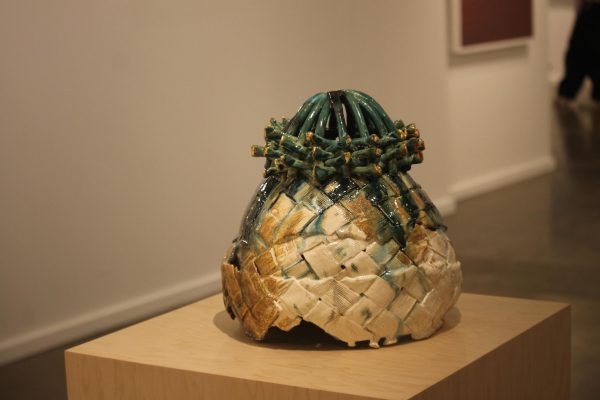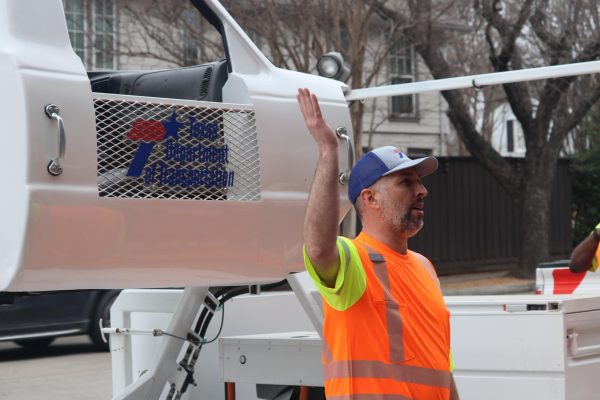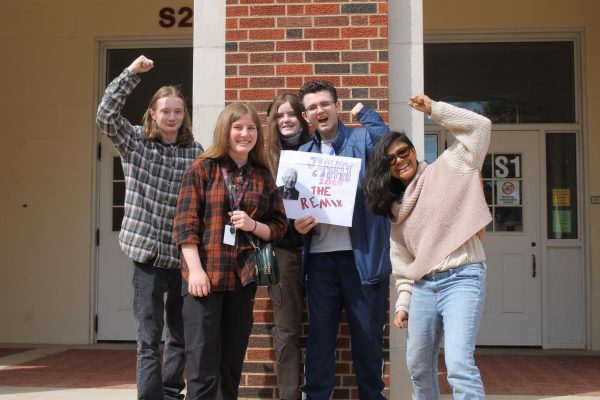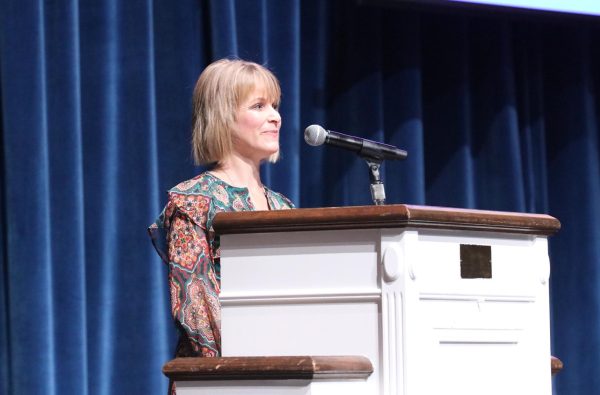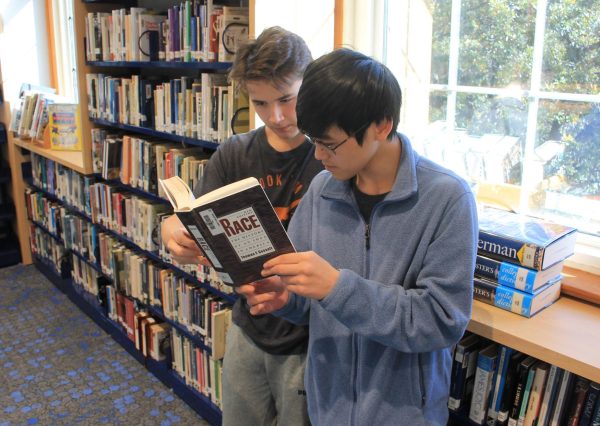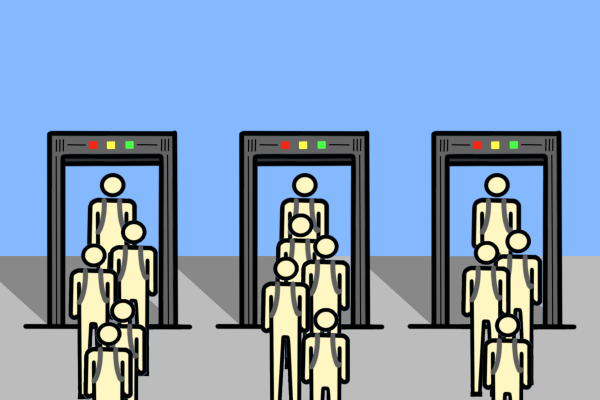March in Poland
On Nov. 11, 2017 people paraded through the streets of Warsaw, the capital of Poland, to celebrate the 99 anniversary of Poland’s independence. Children and adults took to the streets while waving the red and white striped flag of Poland. But instead of the Polish flag, some people displayed banners reading “Europe will be white” and “clean blood.”
Neo-Nazis, fascists, white supremacists, far-right nationalists, anti-Semites and religious fanatics disrupted the parade. The largely young crowd shot off roman candles, which are red fireworks, and displayed signs promoting an all-white Poland with fewer Jews and Muslims.
Although the march took place in Poland, many radical nationalists came from nearby countries to participate. Some flew in from Hungary, Slovakia and Spain to display flags and symbols that were used during World War II, while those countries were allied with Nazi Germany.
The National Radical Camp, a group that seeks an “ethnically pure” Poland and represents less than one percent of the population, has been holding Independence Day rallies since 2009. Until a few years ago it failed to attract crowds over 100 people. Now, it is one of the largest nationalist marches in Europe. The National Radical Camp is composed of mostly younger people belonging to far-right groups, indicating that Polish parents and grandparents are more liberal than the younger population.
The way the media views this march has changed. In previous years, Independence Day marchers have been called “members of the far right groups” and “radical nationalists,” but never referred to as “fascists.” The EU has passed a resolution to get rid of the march, stating that Poland should eradicate the “xenophobic and fascist march,” even though the majority were not xenophobic or fascist. Despite this fact, the violence during the march has increased every year.
“It’s getting more and more vicious,” Jakub Skrzypek said to a Washington Post reporter.
Jakub was one of the few counter protesters standing behind a banner that said “We are Polish Jews.” Many Polish people expressed their outrage towards the media for reporting that all of the participants in the rally were radical nationalists.
“There was an estimate of 60,000 people at the march in [general] with a few thousand radical-nationalist groups from Poland as well as [other] countries holding racists banners,” Tay said on Twitter.



